What we treat
We Treat
Anxiety Disorders
Most people experience nervousness or anxiety from time to time in the face of stressful events. However, if you experience symptoms such as uncontrollable worry, feelings of restlessness, unexplained fear that something awful may happen, muscle tension, and irritability that last for six months or longer, you may be suffering from an anxiety disorder.

We Treat
Depression
When feelings of sadness and loss of interest dominate your days and persist for six months or longer, you may be suffering from depression. Other symptoms of depression can include significant appetite and weight changes, irritability or anger, lack of concentration, trouble falling or staying asleep or sleeping too much.
We Treat
Bipolar Disorder
Marked by disturbances in mood that include a manic or hypomanic episode, often followed by a period of depression, bipolar disorder can interfere with daily functioning, work, and relationships. Some signs and symptoms of a manic or hypomanic episode, can include rapid speech, impulsive or reckless behavior, irritability, a decreased need for sleep, and extreme increase in self-esteem.


We Treat
Sleep Problems
Typically, adults require between 6 and 8 hours of sleep to feel rested, while adolescents may need up to 10 hours of sleep per night to feel rested. Lack of sleep can interfere with your mood, ability to concentrate, energy, and productivity. The cause of sleep problems can be due to depression, anxiety, or other mood disorders or medical conditions, such as obstructive sleep apnea. Trouble falling or staying asleep or excessive daytime tiredness can often be remedied with psychiatric medication and sleep hygiene practices.
We Treat
Obsessive-Compulsive Disorder (OCD)
OCD is characterized by continuous, intrusive thoughts and unwanted urges to act upon thoughts, along with difficult-to-control repetitive behaviors. OCD can be treated with antidepressant medication and psychotherapy.


We Treat
Irritability and Anger
Being easily annoyed and irritable can result in lashing out in anger, which can then spur on feelings of guilt, shame, and worthlessness. Sometimes, irritability can be brought on by childhood trauma, a mood disorder such as anxiety or depression, or can seem to come out of nowhere. A class of medications called mood stabilizers can be very effective at taming irritability. Psychotherapy can be beneficial in helping people get to the root cause of anger and reframe and disarm negative thought patterns.
We Treat
Binge Eating Disorder
Persistent bouts of overeating too much food in one sitting to the point of feeling physically ill can cause unwanted excess body weight and feelings of shame and guilt. Binge eating can often be successfully treated on an outpatient basis with medication. Psychotherapy may also be helpful in helping clients identify and defuse triggers that prompt binge eating episodes.


We Treat
Post-Traumatic Stress Disorder (PTSD)
Experiencing or witnessing life-threatening events rightening events or suffering from abuse or neglect can result in unresolved trauma. Unresolved trauma can show up in intrusive negative thoughts and images of the event(s), nightmares, anxiety, fear of being in crowds, feeling restless or on edge when facing away from an open door, irritability, and other symptoms. Psychotropic medications, such as antidepressants and anxiolytics can help.
We Treat
Premenstrual Dysphoric Disorder (PMDD)
While PMS can be a pesky feature for girls and women who are menstruating, premenstrual dysphoric disorder can be downright debilitating. Common symptoms can include sudden extreme sadness, anger, irritability, an increase in interpersonal conflicts, overeating, irregular sleep, a feeling of being out of control, along with others. Medications can be taken on an as-needed basis prior to the onset of menses and offer relief from these symptoms.


We Treat
Brain Fog and Attention-Deficit Hyperactivity (ADHD)
Problems with focus and attention may interfere with school or work performance and daily task completion. “Brain fog,” which can be characterized by feeling like things are moving in slow motion, unexplained fatigue, and forgetfulness can also prevent one from performing important functions. For adults with ADHD, nonstimulant medications such as Strattera and clonidine are commonly prescribed. Stimulants such as Adderall, Ritalin, Concerta, Jornay, and Vyvanse are reserved for adolescents and young adults under the age of 20. However, stimulant medication may be appropriate for some adults. Stimulants will be prescribed at the discretion of the practitioner. Prior to prescribing stimulant medication, all patients must undergo an EKG and an annual physical exam. Adult patients with no prior childhood diagnosis of ADHD may be referred out for psychometric testing prior to being prescribed a stimulant, at the discretion of the practitioner.



